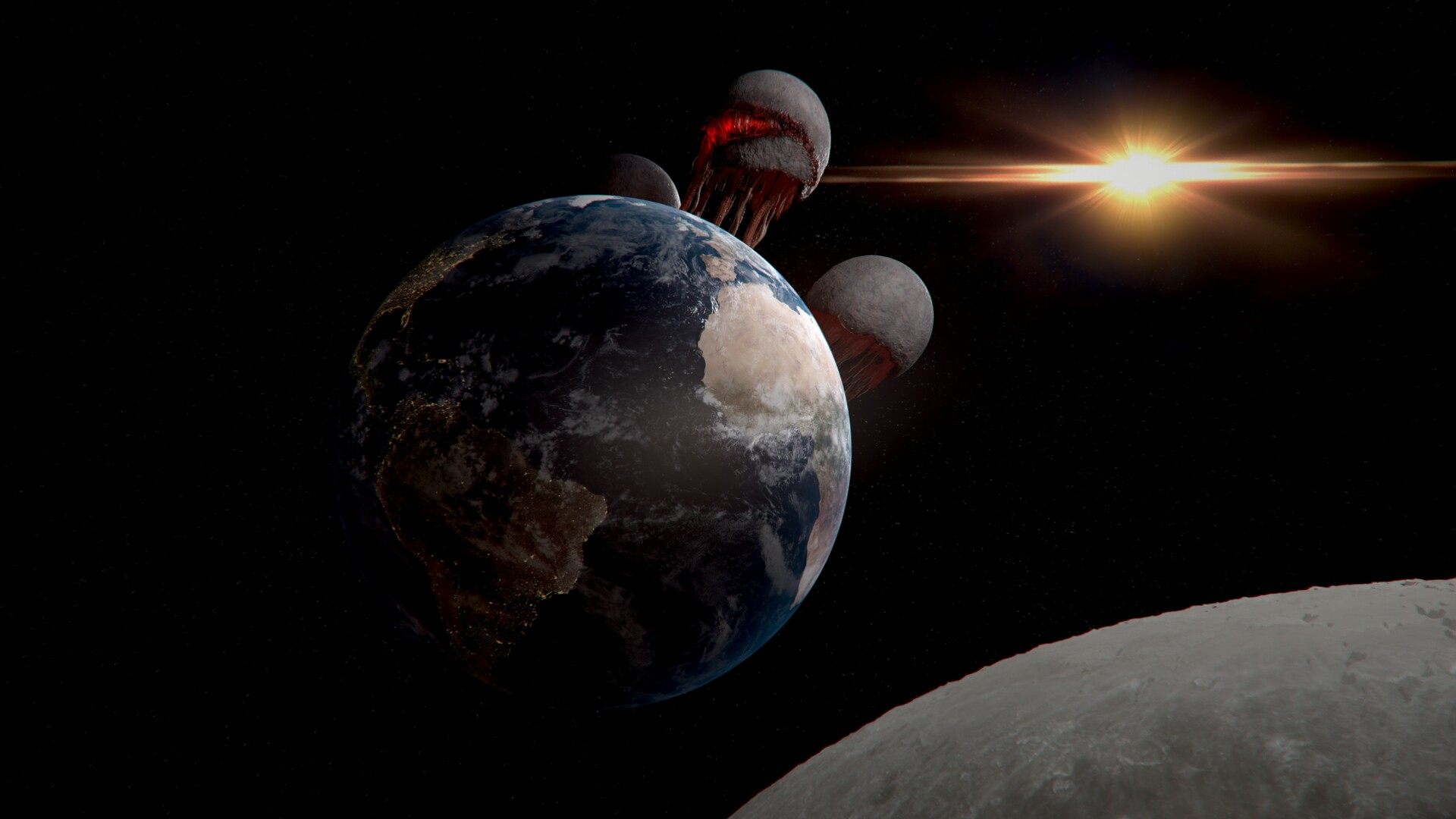It took approximately 4.5 billion years for a series of evolutionary transitions resulting in intelligent life to unfold on Earth. In another billion years, the increasing luminosity of the Sun will make Earth uninhabitable for complex life. Intelligence therefore emerged late in Earth’s lifetime. Together with the dispersed timing of key evolutionary transitions and plausible priors, one can conclude that the expected transition times likely exceed the lifetime of Earth, perhaps by many orders of magnitude. In turn, this suggests that intelligent life is likely to be exceptionally rare. Arriving at an alternative conclusion would require either exceptionally conservative priors, finding additional instances of evolutionary transitions, or adopting an alternative model that can explain why evolutionary transitions took so long on Earth without appealing to rare stochastic occurrences. The model provides a number of other testable predictions, including that M dwarf stars are uninhabitable, that many biological paradoxes will remain unsolved without allowing for extremely unlikely events, and that, counterintuitively, we might be slightly more likely to find simple life on Mars.


